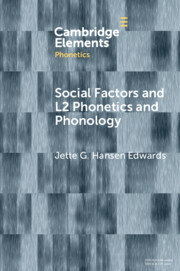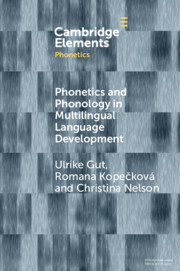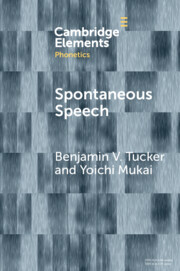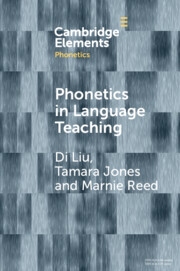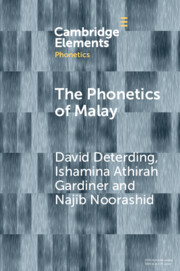About this Cambridge Elements Series
Phonetics studies the consonants, vowels, rhythm and intonation of sounds in the languages spoken around the world. Basic research on phonetics addresses the following questions:
- What speech sounds and prosodies exist in the languages of the world?
- How do these speech sounds and prosodies vary according to context?
- What articulatory mechanisms are utilised to produce the various sounds?
- How are these sounds perceived?
- How are the sounds realised and differentiated acoustically?
In addition to these core areas of phonetic research, there are a number of practical applications that make the study of pronunciation of vital importance in many different fields, such as:
- Phonetics is invaluable for language teachers in enabling them to guide their students in improving their pronunciation.
- Detailed knowledge about articulation is crucial for speech therapists in enabling their patients to overcome problems in speech.
- Phonetic description provides important data for detailed sociolinguistic accounts of language variation.
- Forensic phonetics is a burgeoning field that can facilitate apprehending criminals and confirming or disputing the identity of suspects.
- Knowledge of phonetics can help improve the success of automatic speech recognition and the quality of synthesised speech.
In light of these core areas and the range of different practical applications, the Cambridge Elements in Phonetics series will generate a range of high-quality scholarly works, offering researchers and students authoritative accounts of current knowledge and research in the various fields of phonetics.
In addition, the series will provide detailed descriptions of research into the pronunciation of a range of languages and language varieties. There will be elements describing the phonetics of the major languages of the world, such as French, German, Chinese and Malay as well as the pronunciation of endangered languages, thus providing a valuable resource for documenting and preserving them.
Elements in this series
-
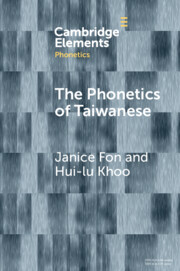
- Element
The Phonetics of Taiwanese
-
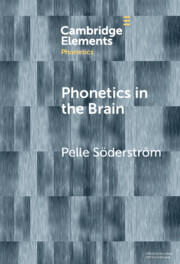
- Element
Phonetics in the Brain
About the Editor
Debbie Loakes is a lecturer in The School of Languages and Linguistics at The University of Melbourne. Her research involves phonetics, sociophonetics, and analysis of sound change in varieties of English.
Contact the Editor
If you would like more information about this series, or are interested in writing an Element, email Debbie Loakes at dloakes@unimelb.edu.au.
Editorial Advisory Board
- David Deterding (University of Brunei Darussalam)
- Jette Hansen Edwards (Chinese University of Hong Kong)
- John Esling (University of Victoria)
- Jane Setter (Reading University)
- Marija Tabain (La Trobe University)
- Benjamin V. Tucker (Northern Arizona University)
- Weijing Zhou (Yangzhou University)
- Ee Ling Low (Nanyang Technological University)
- Olga Maxwell (University of Melbourne)

